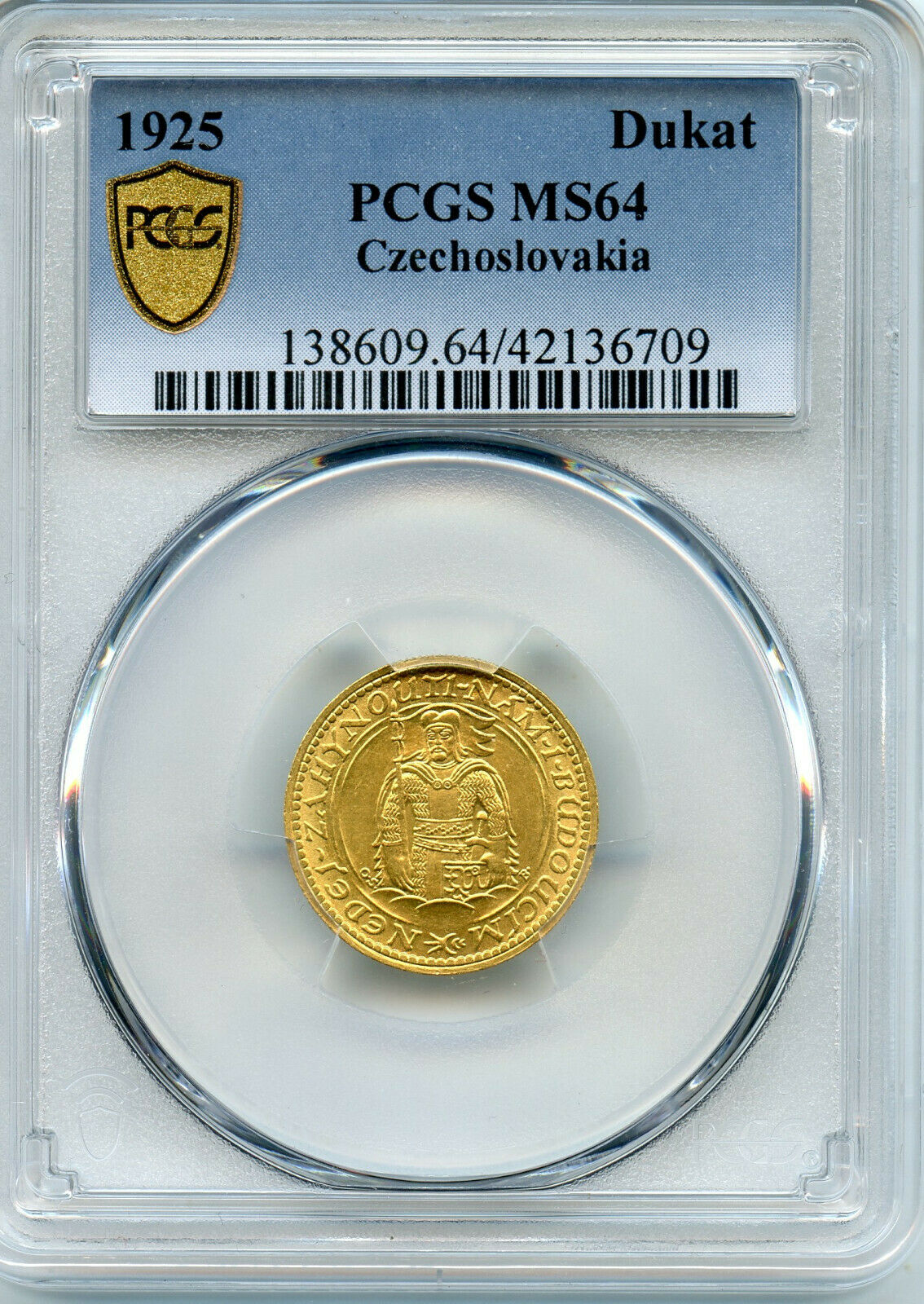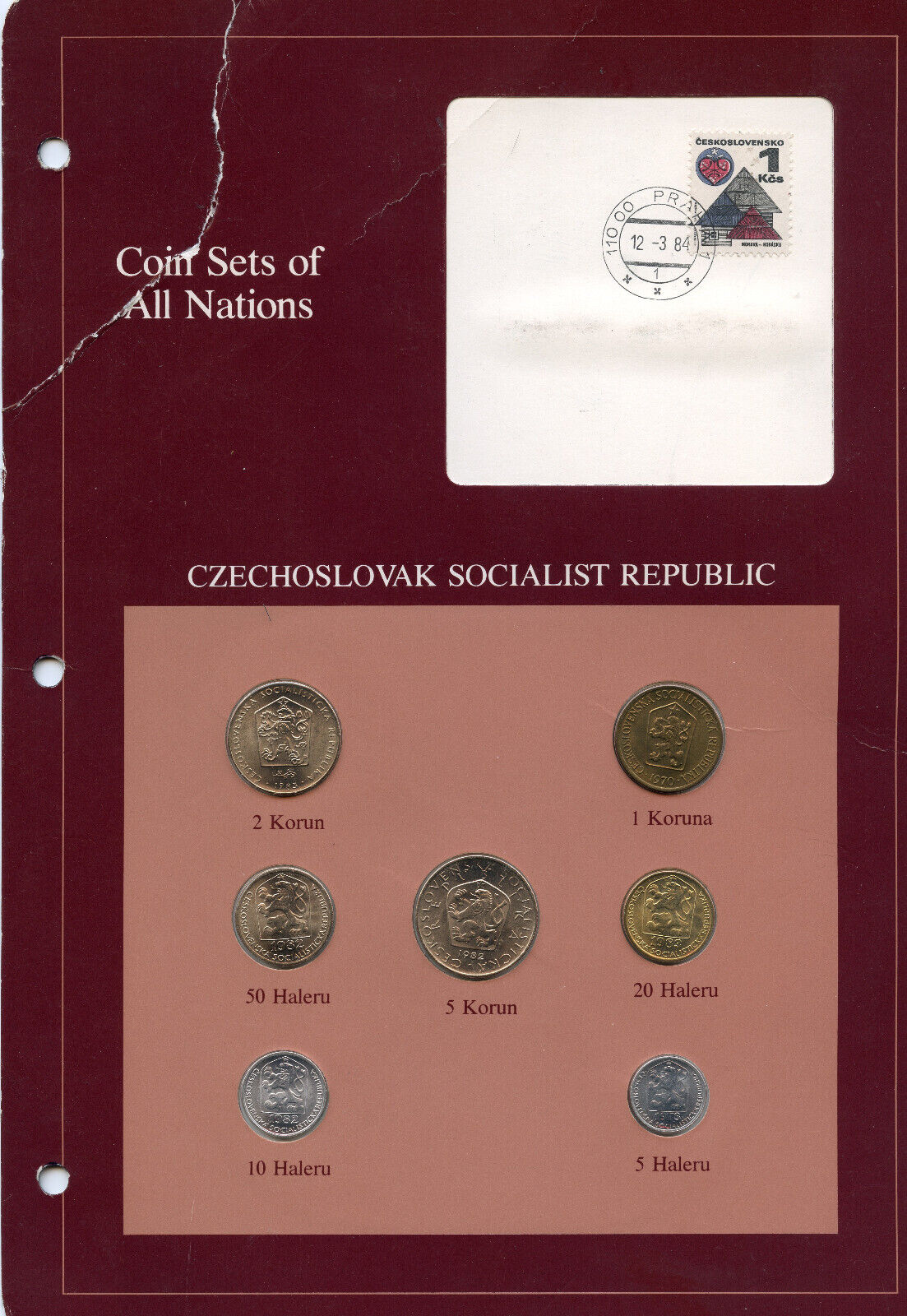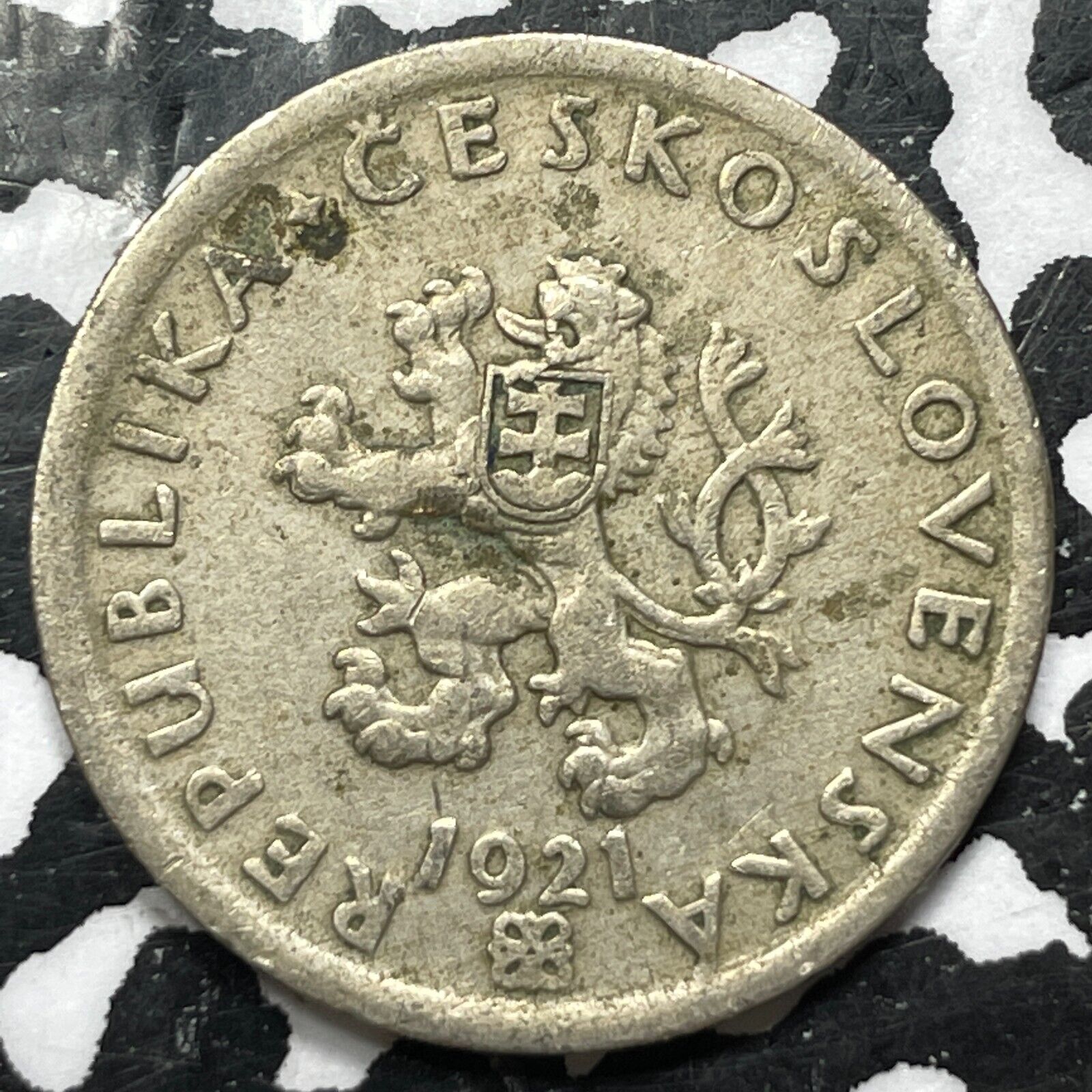-40%
1619, Bohemian Revolt, Frederick V. Silver 24 Kreuzer Coin. Prague! PCGS MS-62!
$ 729.92
- Description
- Size Guide
Description
CoinWorldTV1619, Bohemian Revolt, Frederick V. Silver 24 Kreuzer Coin. Prague! PCGS MS-62!
Mint Year: 1619
Mint Place: Prague
Reference: KM-226.
Very Rare!
Denomination: 24 Kreuzer (Kipper)
Condition:
Certified and graded by PCGS as MS-62! (none higher or equal at PCGS!)
Diameter: 31mm
Weight: 7.55gm
Material: Silver
Obverse:
Bohemian crown above date (1619). All within inner circle.
Legend: (privy mark: star above crescent) MONETA REGNI BOHEMIAE
Reverse:
Crowned double-tailed lion of the Kingdom of Bohemia within inner circle. Kreuzer value (24) in legend below.
Legend: * IN DEO FOR (24) TITVDO ("In Deo Fortitudo" = "
The strength in God!
")
The
Bohemian Revolt
(German: Böhmischer Aufstand; Czech: České stavovské povstání; 1618–1620) was an uprising of the Bohemian estates against the rule of the Habsburg dynasty that began the Thirty Years' War. It was caused by both religious and power disputes. The estates were almost entirely Protestant, mostly Utraquist Hussite but there was also a substantial German population that endorsed Lutheranism. The dispute culminated after several battles in the final Battle of White Mountain, where the estates suffered a decisive defeat. This started re-Catholisation of the Czech lands, but also expanded the scope of the Thirty Years' War by drawing Denmark and Sweden into it. The conflict spread to the rest of Europe and devastated vast areas of central Europe, including the Czech lands, which were particularly stricken by its violent atrocities.
Authenticity unconditionally guaranteed.
Bid with confidence!
Frederick V
(German:
Friedrich V.
; 26 August 1596 – 29 November 1632) was the Elector Palatine of the Rhine in the Holy Roman Empire from 1610 to 1623, and reigned as King of Bohemia from 1619 to 1620. He was forced to abdicate both roles, and the brevity of his reign in Bohemia earned him the derisive sobriquet "
the Winter King
" (Czech:
Zimní král
; German:
Winterkönig
).
Frederick was born at the
Jagdschloss
Deinschwang
(a hunting lodge) near Amberg in the Upper Palatinate. He was the son of Frederick IV and of Louise Juliana of Orange-Nassau, the daughter of William the Silent and Charlotte de Bourbon-Montpensier. An intellectual, a mystic, and a Calvinist, he succeeded his father as Prince-Elector of the Rhenish Palatinate in 1610. He was responsible for the construction of the famous
Hortus Palatinus
gardens in Heidelberg.
In 1618 the largely Protestant estates of Bohemia rebelled against their Catholic King Ferdinand, triggering the outbreak of the Thirty Years' War. Frederick was asked to assume the crown of Bohemia. He accepted the offer and was crowned on 4 November 1619, as
Frederick I
(Czech:
Fridrich Falcký
; the adjective means "of Oberpfalz" or "of the Upper Palatinate"). The estates chose Frederick because he was the leader of the Protestant Union, a military alliance founded by his father, and hoped for the support of Frederick's father-in-law, James VI of Scotland and I of England. However, James opposed the takeover of Bohemia from the Habsburgs and Frederick's allies in the Protestant Union failed to support him militarily by signing the Treaty of Ulm (1620). His brief reign as King of Bohemia ended with his defeat at the Battle of White Mountain on 8 November 1620 – a year and four days after his coronation.
After the battle, the Imperial forces invaded Frederick's Palatine lands and he had to flee to his uncle Prince Maurice, Stadtholder of the Dutch Republic in 1622. An Imperial edict formally deprived him of the Palatinate in 1623. He lived the rest of his life in exile with his wife and family, mostly at The Hague, and died in Mainz in 1632.
His eldest surviving son Charles I Louis, Elector Palatine, returned to power in 1648 with the end of the war. Another son was Prince Rupert of the Rhine, one of the most colourful figures of his time. His daughter Princess Sophia was eventually named heiress presumptive to the British throne, and is the founder of the Hanoverian line of kings.
Only 1$ shipping on each additional item purchased!












